New working group to address interactions between ropeless fishing gear and other gear types to prevent or reduce potential conflicts
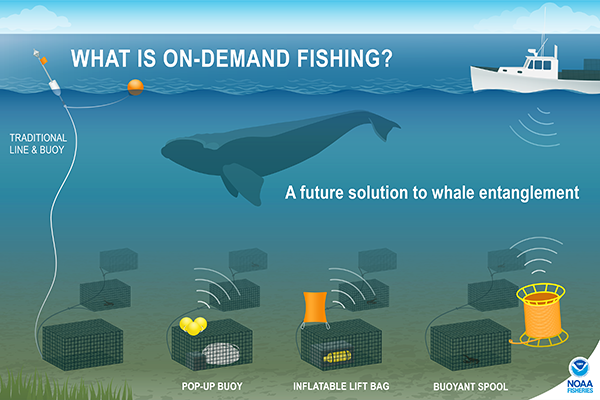
The New England Fishery Management Council is recruiting fishermen to serve on a new working group to examine potential conflicts between ropeless fishing gear and fisheries in the Northeast United States.
The On-Demand Fishing Gear Conflict Working Group was formed to identify strategies for reducing gear interactions between on-demand gear (often called ropeless fishing gear) and fisheries that use other gear types, such as the groundfish, monkfish and scallop mobile gear fisheries and the recreational party/charter rod-and-reel fishery. However, the working group will not comment on the suitability of on-demand gear for fixed gear fisheries.
Furthermore, the working group will identify strategies for reducing gear interactions that may result from future measures adopted for sink gillnet fisheries and trap/pot fisheries. These would be measures other than those already implemented for the Northeast lobster and Jonah crab fisheries to protect North Atlantic right whales, humpback whales, fin whales and other protected resources.
“On-demand gear is expected to play an increasingly large role in reducing right whale and other large whale rope entanglements,” wrote the Council in a press release.
Rethinking ropes: Can ropeless fishing gear end whale entanglements?
Rather than using vertical lines to connect gear such as traps/pot and gillnets to a surface buoy, on-demand or ropeless gear utilizes acoustic or timed-release technologies such as pop-up buoys, float bags and buoyant rope spools to retrieve gear set on the seafloor. Fishermen use a geolocation app to locate and recall their gear for retrieval, while other user groups can access gear locations using the app to avoid gear conflicts.
The New England Council received its first presentation on ropeless fishing gear during its June 2022 meeting. Another update was provided in January 2023, which focused on helping mobile gear fleets visualize ropeless gear positions. At that point, the Council agreed to establish a working group to address interactions between on-demand gear and other gear types to prevent or reduce potential gear conflicts.
The application deadline is Monday, April 24, 2023. The first working group meeting will be held in late spring 2023.
Follow the Advocate on Twitter @GSA_Advocate
Now that you've reached the end of the article ...
… please consider supporting GSA’s mission to advance responsible seafood practices through education, advocacy and third-party assurances. The Advocate aims to document the evolution of responsible seafood practices and share the expansive knowledge of our vast network of contributors.
By becoming a Global Seafood Alliance member, you’re ensuring that all of the pre-competitive work we do through member benefits, resources and events can continue. Individual membership costs just $50 a year.
Not a GSA member? Join us.
Author
Tagged With
Related Posts
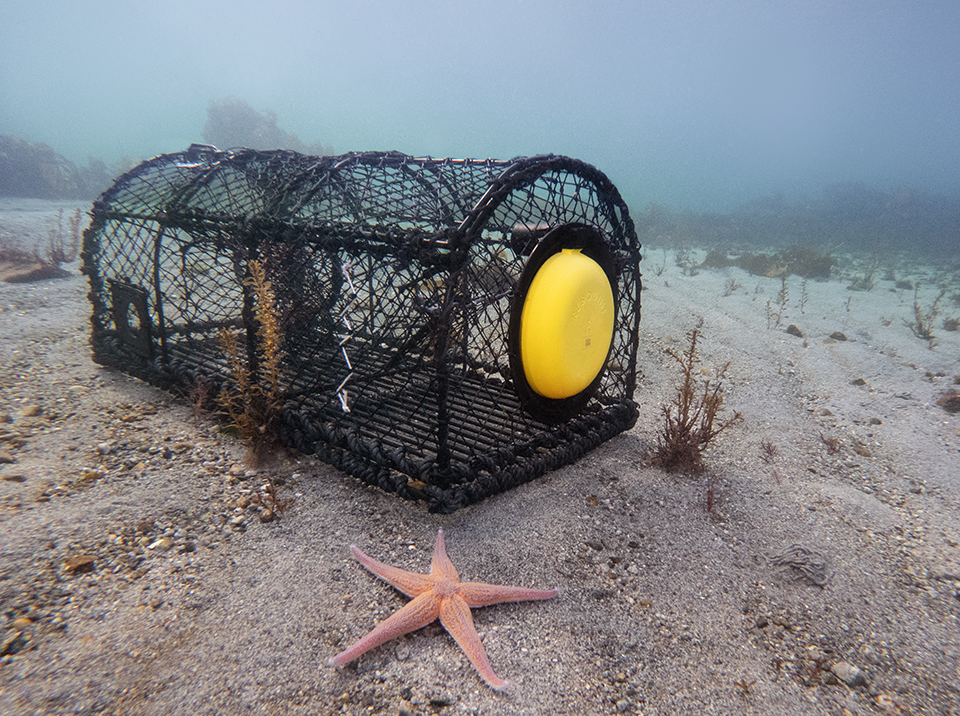
Fisheries
From reporting apps to floating traps: How technology tackles ghost fishing
The global ghost fishing problem has negative environmental and economic impacts, but new technology could help locate and retrieve lost fishing gear.
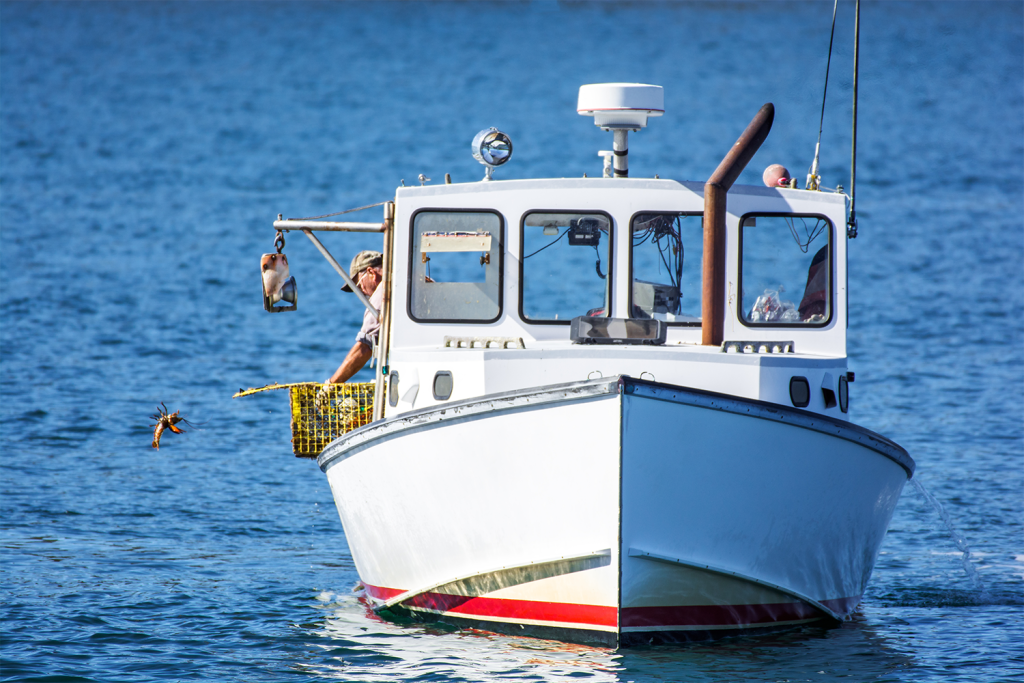
Fisheries
Balancing protection and production: Diving into the North Atlantic right whale conflict with lobster and crab fishing
A closer look at the conflict between North American fixed-gear fisheries and North Atlantic right whale protection measures.
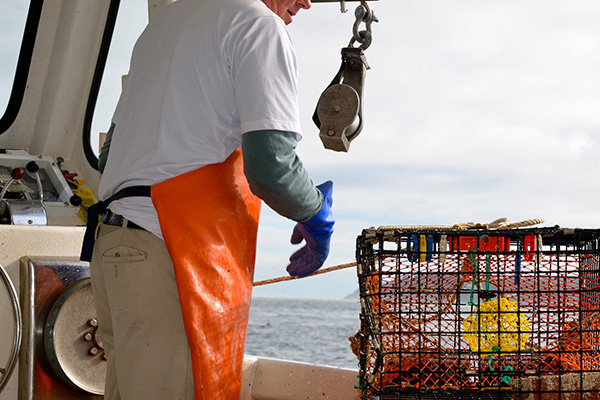
Fisheries
MSC suspends certification for Maine lobster fishery, enraging state’s political leaders
Maine’s governor and Congressional delegation say activists with an "axe to grind" led to the Marine Stewardship Council's decision to suspend Maine lobster’s certification.
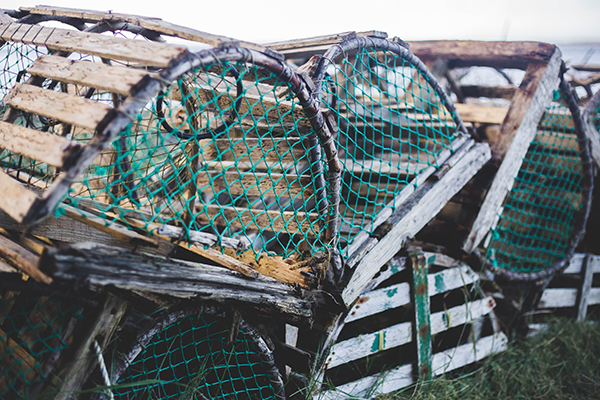
Responsibility
Maine lobster industry speaks out against Seafood Watch ‘red-listing’
Seafood Watch urged consumers to avoid products from the Canadian snow crab and U.S. lobster fisheries, due to right whale entanglement risks.



